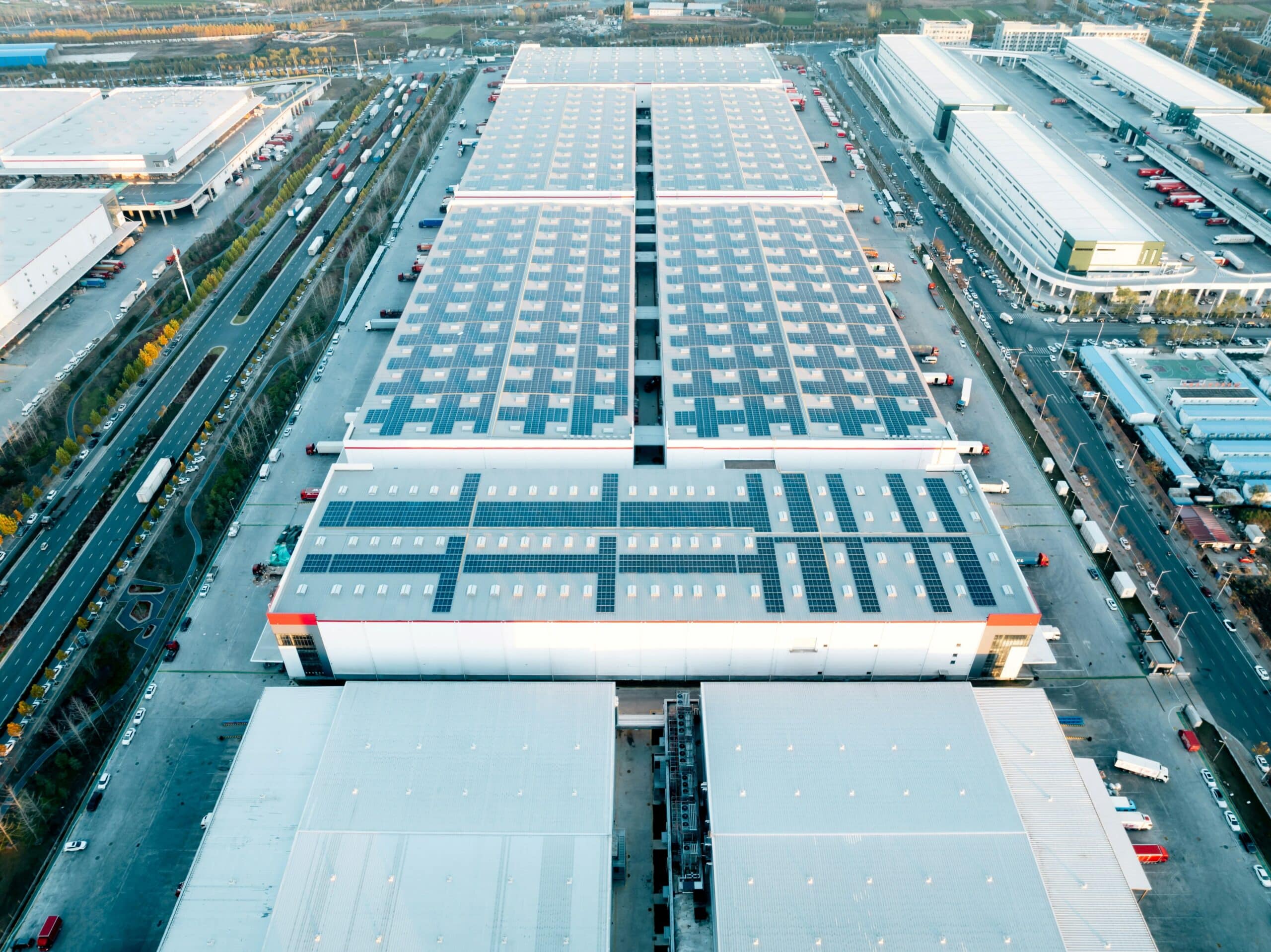Sustainable Manufacturing: How Automakers Are Driving Toward a Greener Future
In an era where climate change and environmental concerns dominate the global conversation, the automotive industry, long considered a major contributor to pollution, is undergoing a profound transformation. Driven by both regulatory pressures and shifting consumer values, automakers are reimagining how vehicles are built, focusing not just on the cars themselves, but on how they’re made. The rise of sustainable manufacturing is emerging as a key trend shaping the industry’s future.
Green Factories: The New Gold Standard
One of the most visible changes in automotive manufacturing is the move toward eco-friendly production facilities. Major automakers like BMW, Ford, and Toyota have invested billions in creating energy-efficient plants that run on renewable power sources such as wind, solar, and hydroelectric energy.
For example, BMW’s plant in Leipzig, Germany, is powered entirely by wind energy. Meanwhile, Tesla’s Gigafactory in Nevada boasts solar panels across its massive roof and aims to operate with net-zero energy consumption. These factories don’t just reduce carbon emissions – they also serve as flagship models of sustainable industrial design.
Material Innovation: From Steel to Sustainable
Another major shift lies in the materials used to build vehicles. Traditional steel and plastic components are being supplemented (or replaced) by lighter, more sustainable alternatives. Automakers are increasingly turning to recycled metals, bioplastics made from plant-based materials, and natural fibres such as hemp and flax composites.
Ford, for instance, has pioneered the use of soy-based foams in its seat cushions and recycled denim in soundproofing applications. By reducing reliance on virgin materials and embracing circular design principles, manufacturers can significantly lower the environmental footprint of each vehicle produced.
Circular Economy: Closing the Loop
A core principle of sustainable manufacturing is the circular economy – designing products and systems that reuse, remanufacture, or recycle materials to eliminate waste. In the automotive context, this means more than just recycling old cars. It includes reclaiming materials from production scrap, refurbishing used parts, and designing vehicles for easier disassembly and reuse.
Companies like Renault and Volvo are investing in facilities specifically dedicated to vehicle dismantling and component refurbishment. This not only reduces environmental impact but also opens new revenue streams in the remanufacturing market.
Water and Waste Reduction: Efficiency at Every Level
Sustainability in automotive manufacturing isn’t just about emissions and materials; it’s also about reducing water usage and minimizing waste. Automakers are adopting closed-loop water systems to recycle and reuse water throughout the production process. At the same time, lean manufacturing techniques are being deployed to minimize excess material use and lower scrap rates.
Toyota, known for its lean manufacturing philosophy, has taken significant steps to cut down on water usage and hazardous waste in its global plants. These incremental improvements add up, enhancing both environmental and financial performance.
The Road Ahead: Regulation, Reputation, and Responsibility
As governments around the world tighten environmental regulations and customers demand greener alternatives, automakers face growing pressure to adopt sustainable practices. However, many companies are going beyond compliance, embracing sustainability as a core value and competitive advantage.
Sustainability is becoming a marker of brand reputation, investor confidence, and employee engagement. It’s not just about meeting emissions target, it’s about redefining the role of the automotive industry in the global ecosystem.
The shift toward sustainable manufacturing is not a trend, it’s a transformation. From green factories and innovative materials to circular production models and resource-efficient practices, automakers are laying the foundation for a cleaner, more responsible industry. As technology evolves and environmental urgency intensifies, the companies that lead in sustainability will not only drive the future of mobility, they’ll define it.
Are you transforming your site using more sustainable technologies but lack the technical insight to reap all the benefits? Whether it’s a consultant for a transformation project or an in-house expert engineer, our network across the US and Europe in manufacturing can help.
Contact jonthan@akkar.com to discuss how we can find you critical sustainable manufacturing talent.







